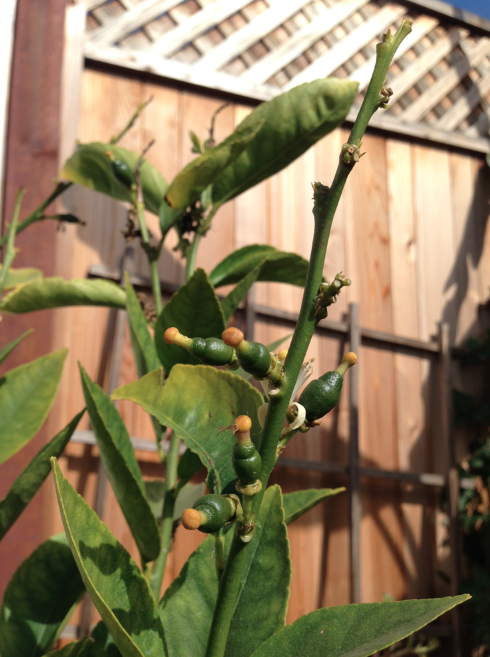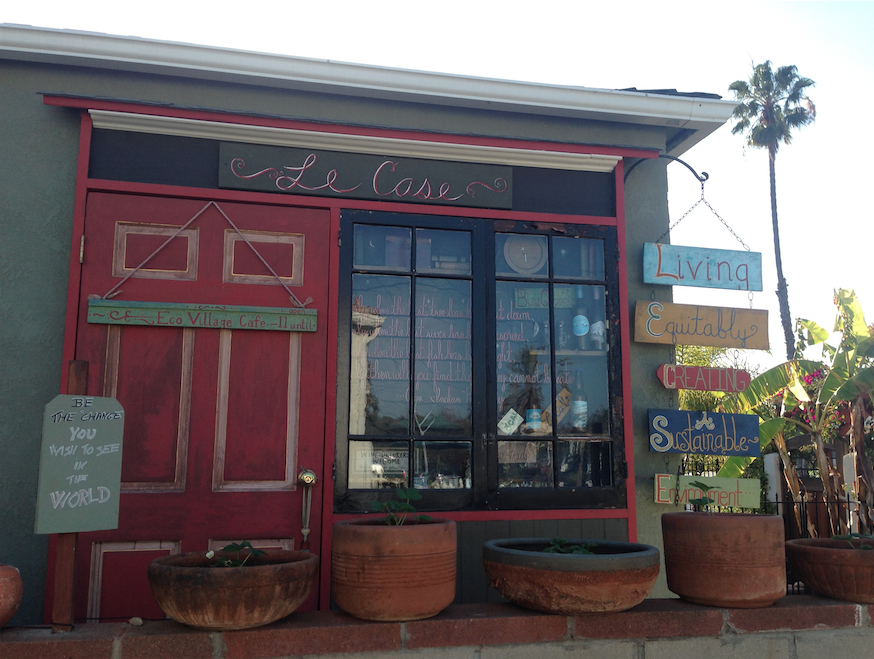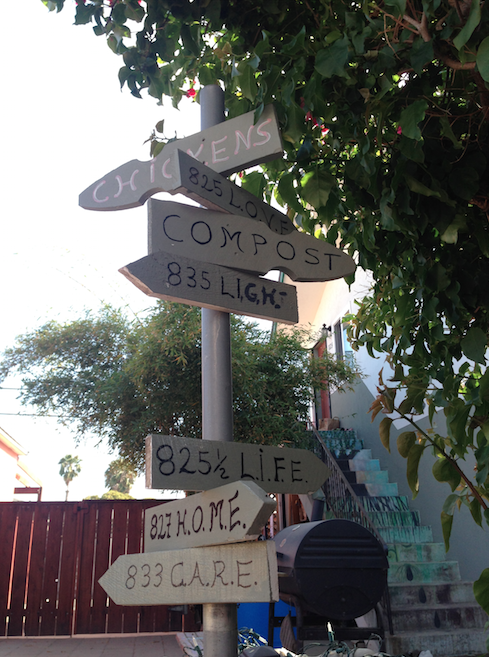LeCase is both an English acronym and an Italian word that means “the houses”.
LeCase Ecovillage is a group of adult urban ecovillagers who live in several houses (four buildings with both shared and private arrangements) on two urban lots located in Pacific Beach just two blocks from a beautiful beach on the Pacific Ocean in San Diego, California.
Although we lead a regular city life and hold traditional (more or less) jobs like teachers, massage therapists, nurses, artists, holistic healers, students, and whatever else, Our Ecovillage is making strides to live more sustainably by making conscious and ethical choices by how we shop, reducing consumption, recycling what we cannot compost and making our community a more beautiful place.
We grow some of our own food in the garden using permaculture techniques and we encourage a communal lifestyle among the residents by sharing meals and holding regular meetings. Our goal is to be an example in the San Diego community by promoting a sustainable EcoVillage lifestyle.
If everyone in the world consumed as many natural resources as an average American does, we would need 5.3 planets to support us. The reason we can do so is not because our country is rich, but because we are externalizing the real cost of our consumption to the environment, to other people, and to future generations.
Put it this way, unless an item has been certified otherwise, every time we make a purchase we are contributing in one way or another to child labor, slavery, human trafficking, hunger, animal cruelty and environmental degradation.

Every time we savor a food produced from a faraway land (e.g. coffee, chocolate, bananas, pineapples, sugarcane and often even shrimps, rice, flowers and vegetables) a local farmer may have lost the ability to feed his family from that very land.
This is why at LeCase EcoVillage we encourage the community to grow at least some of our own food and to make sure that what we buy outside is organic, and either local or Fair Trade.

